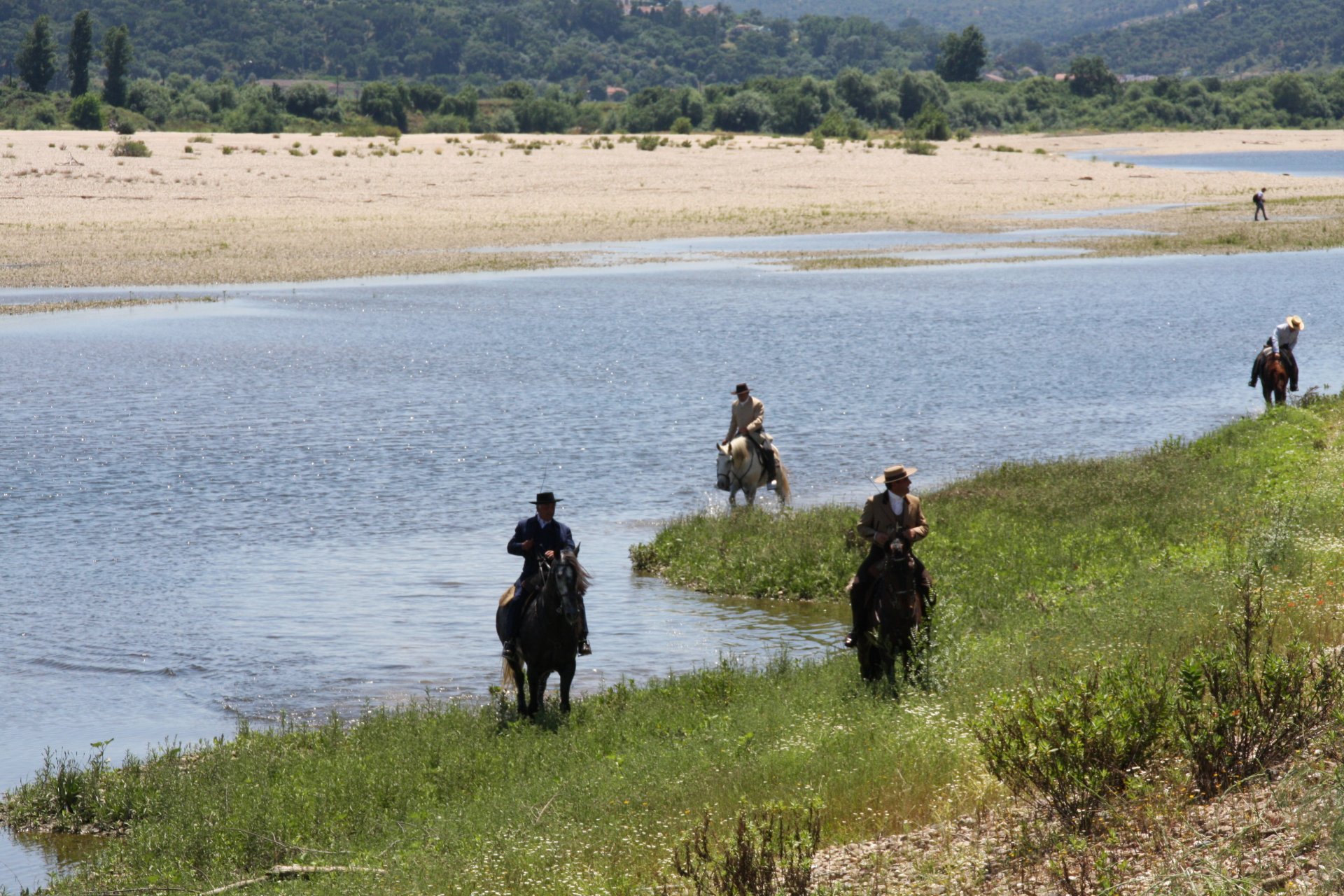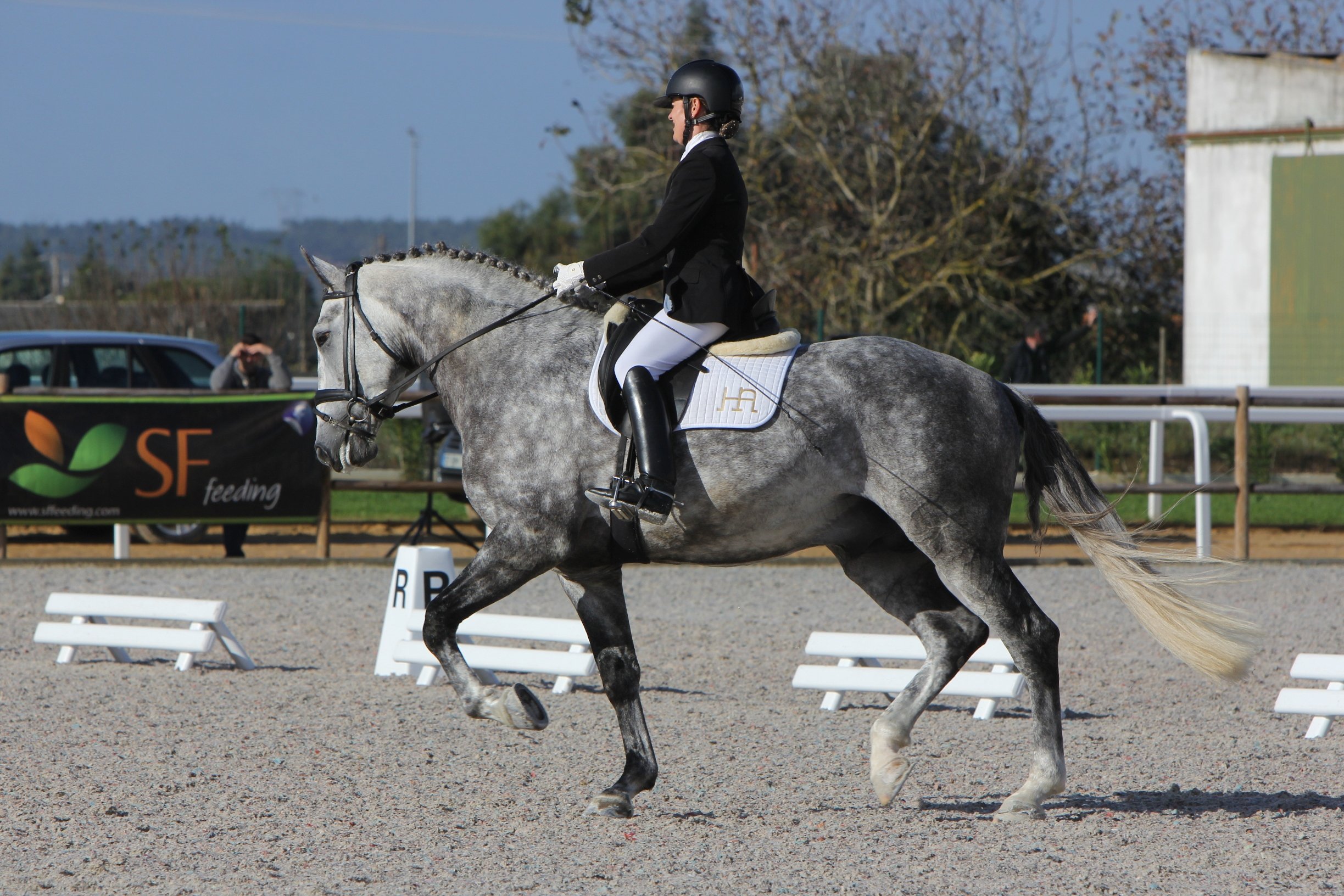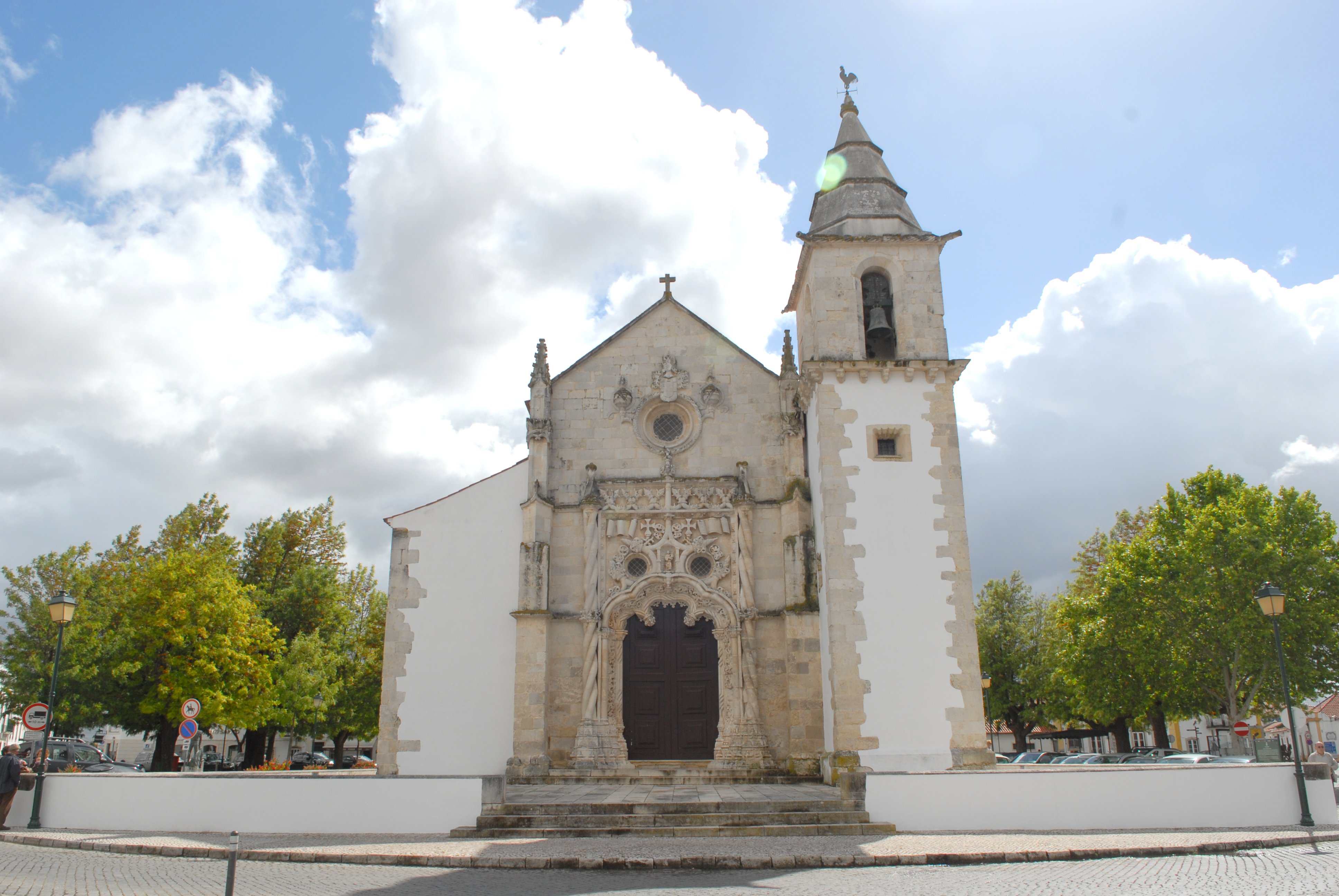The essence of a community results, in the first place, from the interaction between the human element and the natural environment that surrounds it, and this is how the cultural and economic specificity of a certain place is shaped.
Although generic, this premise becomes of particular and visible importance in a Municipality such as Golegã. Its productive traditions, of subsistence, as well as prosperity, have their roots in the century-old use of the opportunities that are offered by a landscape where the alluvial plain stands out as an element of primary greatness. In fact, it was on the edge of the plains of the old Reguengo de Toxe (Oliveira, 2006), where the rivers Tagus, which “stretches across the land, greets the town where the most beautiful Manueline temple in the region is built” (Sequeira, 1953), and Almonda, that Golegã sprang and developed, unlike so many other towns that, having been favored defense, instead of exploring agricultural, livestock and fish resources.
Today the ex-libris of Golegã, the Horse, is the true reflection of this town’s origin, bringing to mind the many centuries when movement of people and goods depended, largely on this animal. A frequent route for some, it also became settlement for others, who began to explore both the potential that the rich alluvial plain offered - in agriculture and livestock farming – and trade opportunities provided by its privileged location in the old Lisbon and Oporto Royal Road.
In this way, the geophysical environment where Golegã is integrated itself represents a substantial part of the originality and cultural identity of the Town and the Municipality. There is a combination between, on the one hand, rural and agricultural customs, whose tradition was built by successive generations on the same geographical area, and, on the other hand, the cosmopolitanism of travelers and those who came to the town expressly to purchase specimens that would enhance the quantity and quality of national horsemanship, an element that, for centuries, was regarded as vital also in ensuring the independence of the country.








